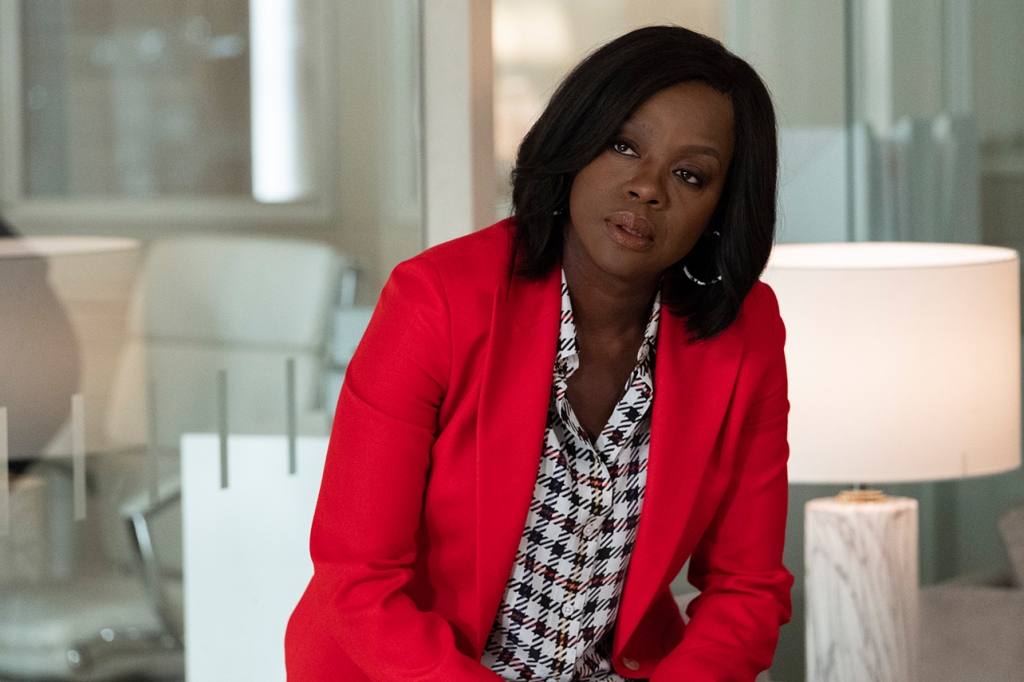Viola Davis says a director would call her by his maid’s name
Viola Davis is not the help.
The Oscar, Tony and Emmy winner has revealed that an unnamed filmmaker — a friend of nearly a decade — slipped up and called her by his maid’s name.
“He called me Louise — and I found out it was because his maid’s name was Louise.” Davis, 56, dropped the bombshell claim during the “Women in Motion” event Thursday at the Cannes Film Festival.
The diss went down when the now-revered “The First Lady” star was just starting out in the film biz. Davis added that it was not an isolated incident — but the sort of disturbing occurrence that happened repeatedly.
“I knew him for 10 years,” said Davis, clad in a stunning scarlet suit. “I was maybe around 30 at the time, so it was a while ago — but what you have to realize is that those micro-aggressions happen all the time.”
The star — who earned an Oscar nod for playing a maid in 2011’s “The Help,” a role Davis has said she regrets accepting — also discussed how race typically plays a role in the projects that she isn’t offered. “A lot of it is based in race. It really is,” she said.
“Let’s be honest. If I had my same features and I were five shades lighter, it would just be a little bit different,” Davis explained to the industry outlet. “And if I had blonde hair, blue eyes and even a wide nose, it would be even a little bit different than what it is now.”
The “How To Get Away With Murder” alum continued, “We could talk about colorism. We could talk about race. It pisses me off, and it has broken my heart — on a number of projects, which I won’t name.”
However, the South Carolina native was asked if her Emmy-winning turn as lawyer Annalise Keating on the Shonda Rhimes-produced drama has opened doors for actresses of color.
“Yes,” she said, then paused, adding “I hope.”

She went on, “I know that when I left ‘How to Get Away With Murder’ that I don’t see a lot of dark skin women in lead roles on TV and not even in streaming services.”
“And that ties into ideology and ethos and mentality, and that’s speaking in the abstract. Why aren’t you hiring a dark skin woman when she walks in the room and you say she blows you away?” she wondered. “Create space and storytelling for her so when she thrives she’s not thriving despite of her circumstance but thriving because of her circumstance.”
Read the full article Here


